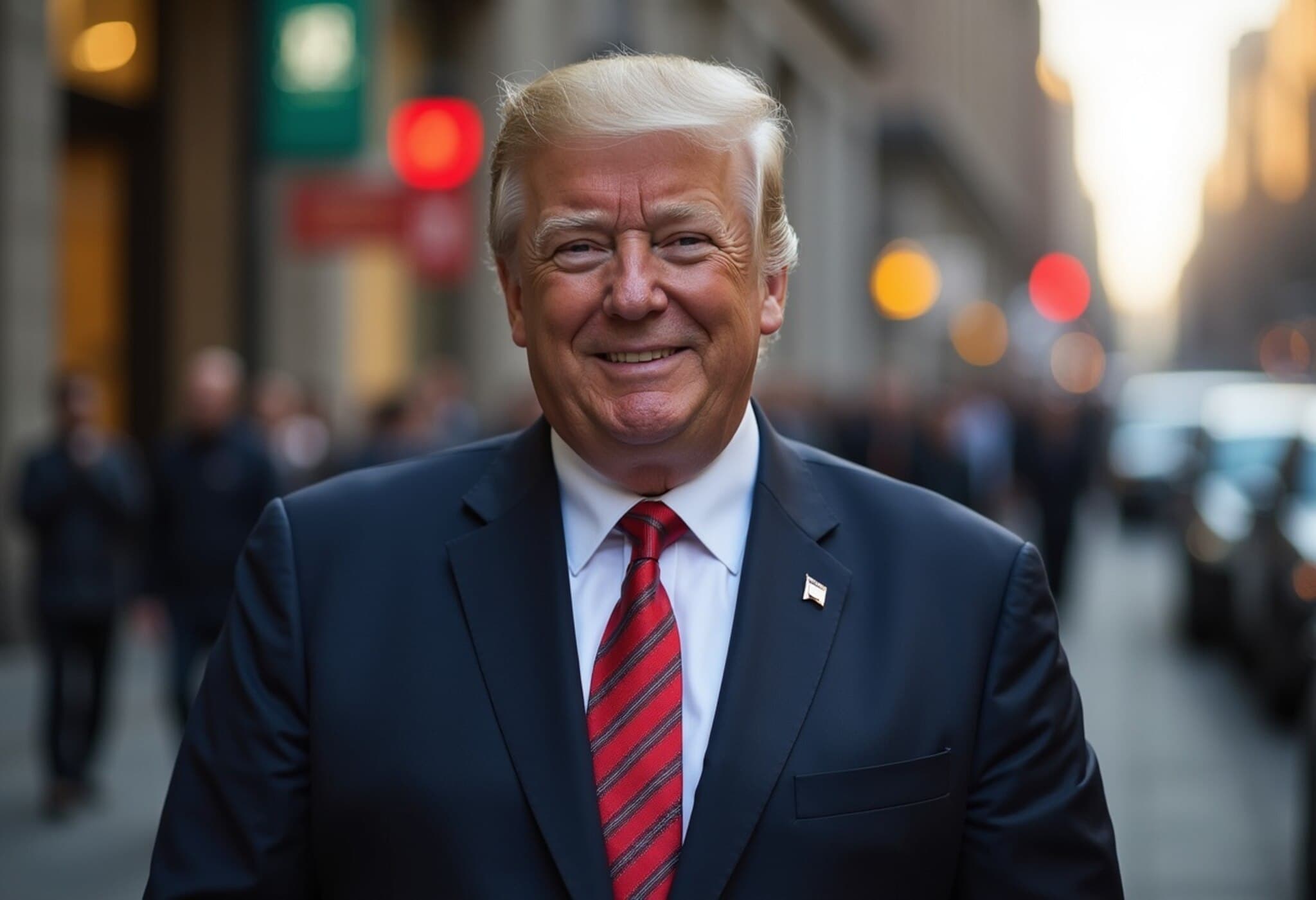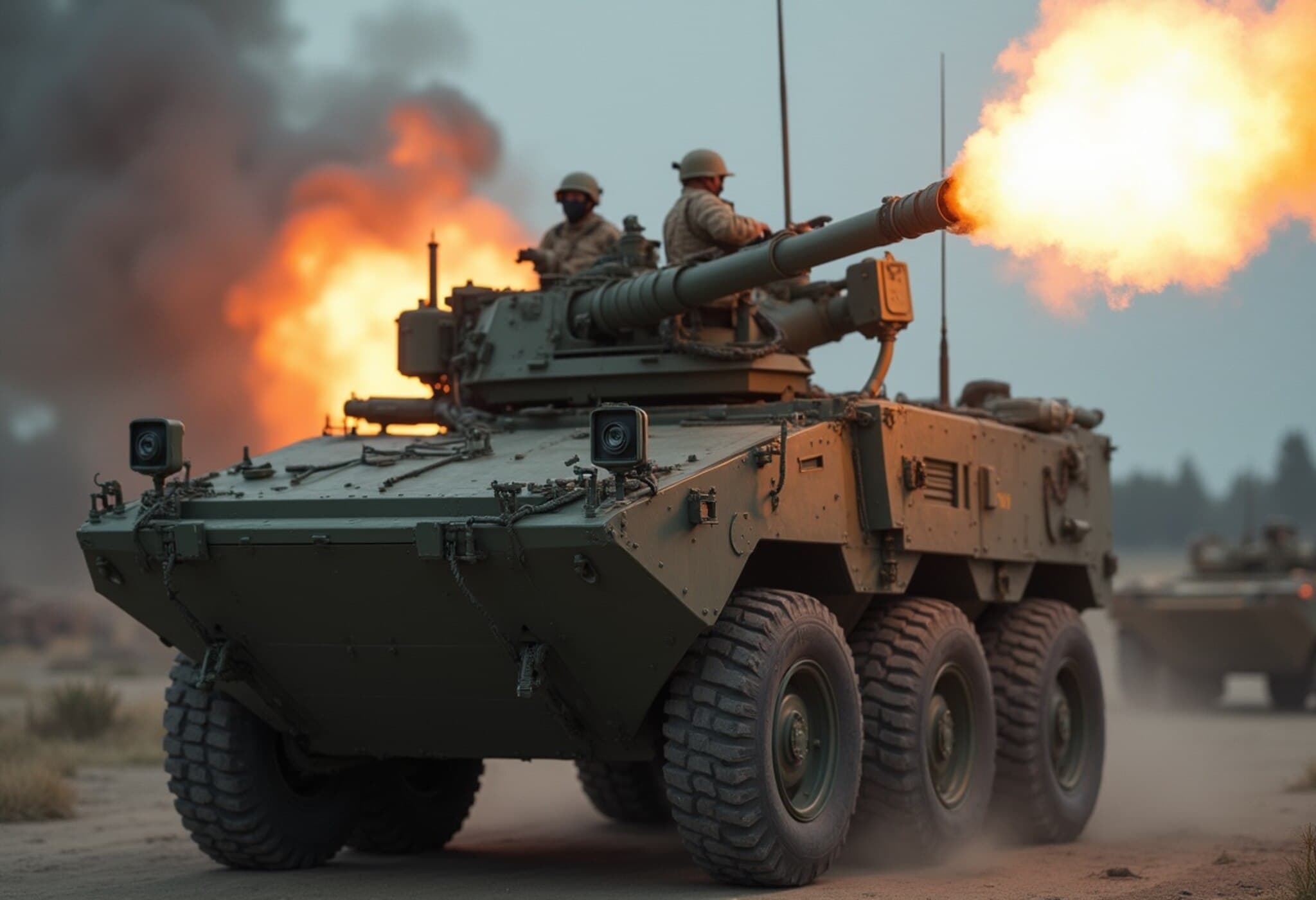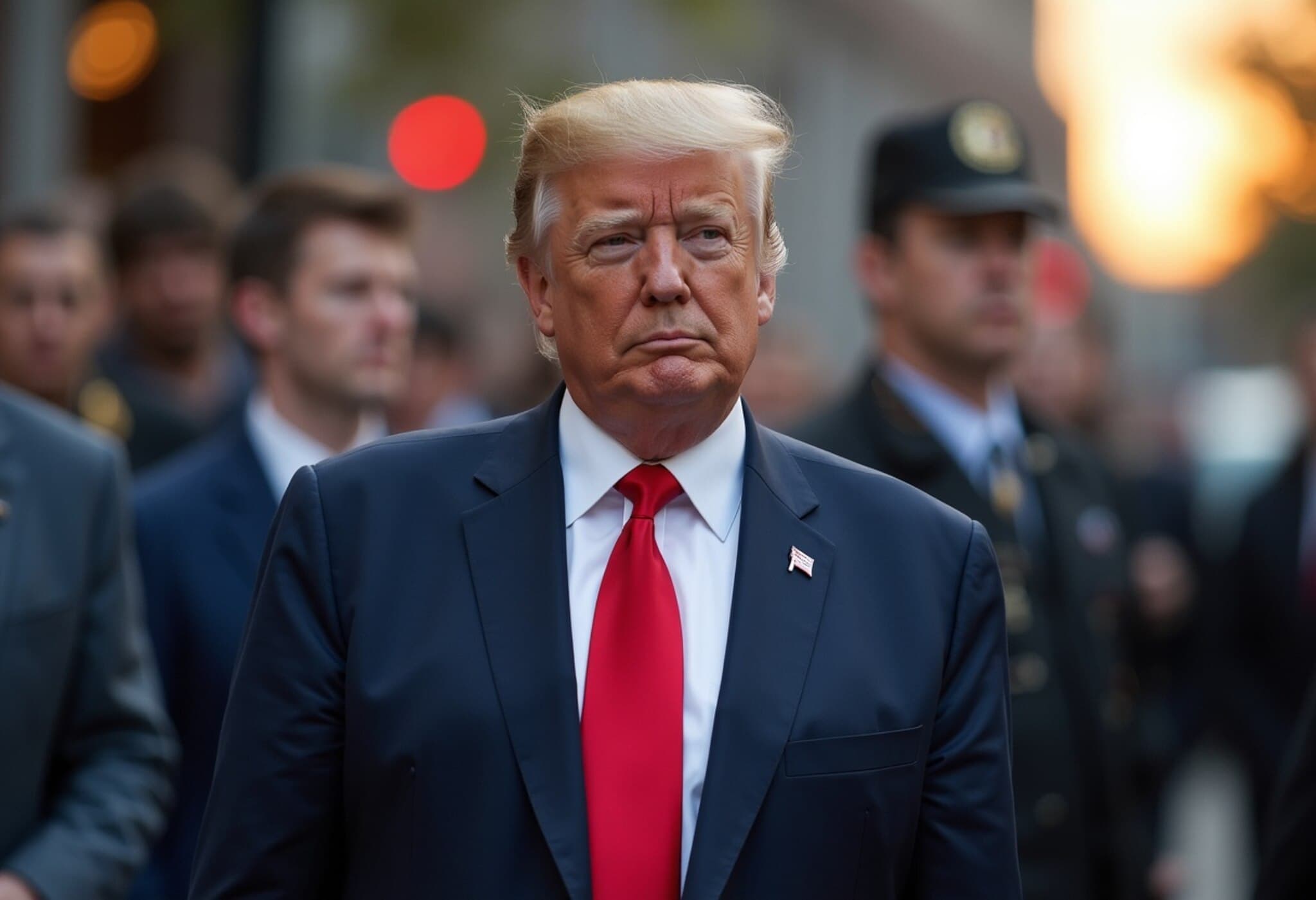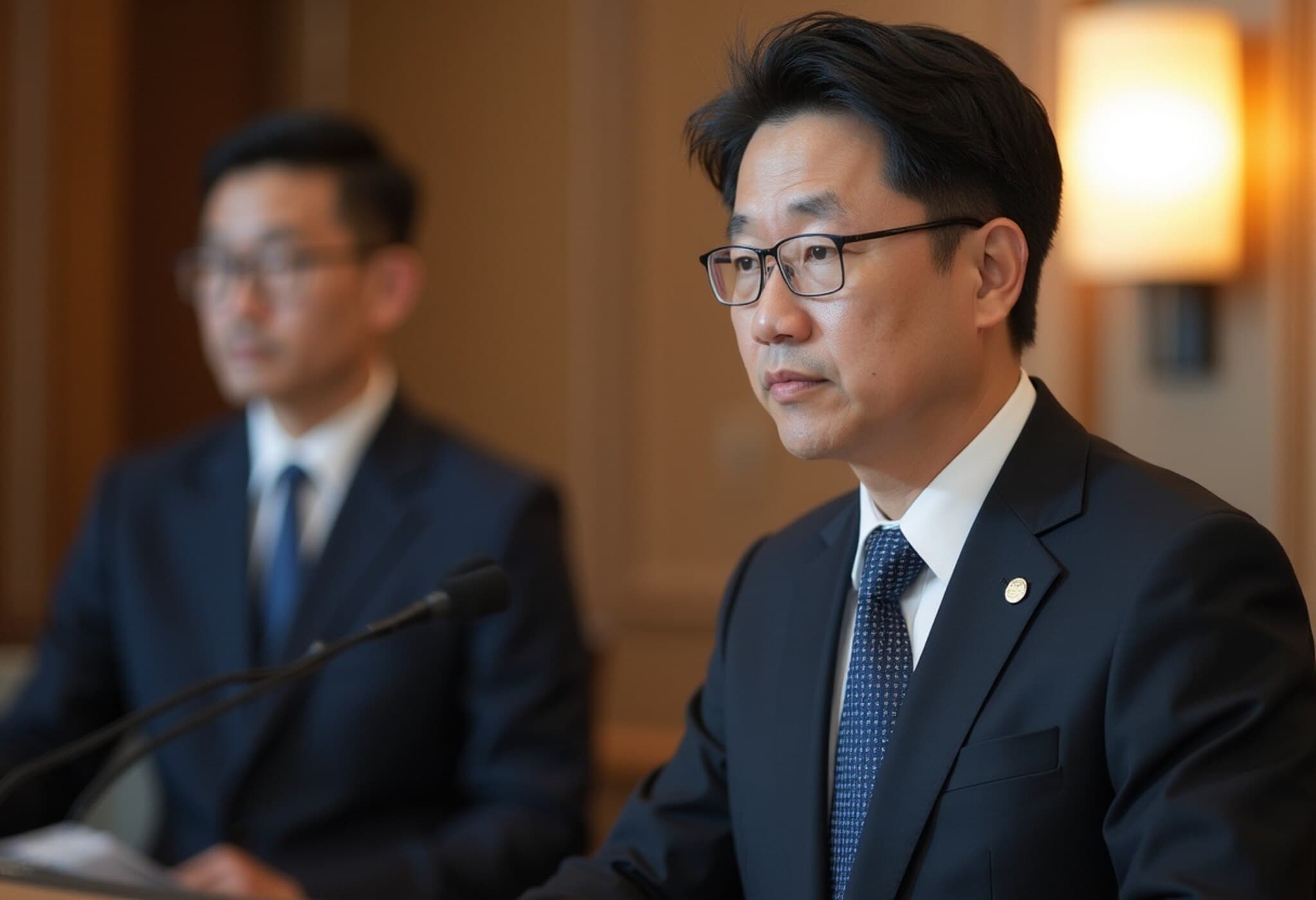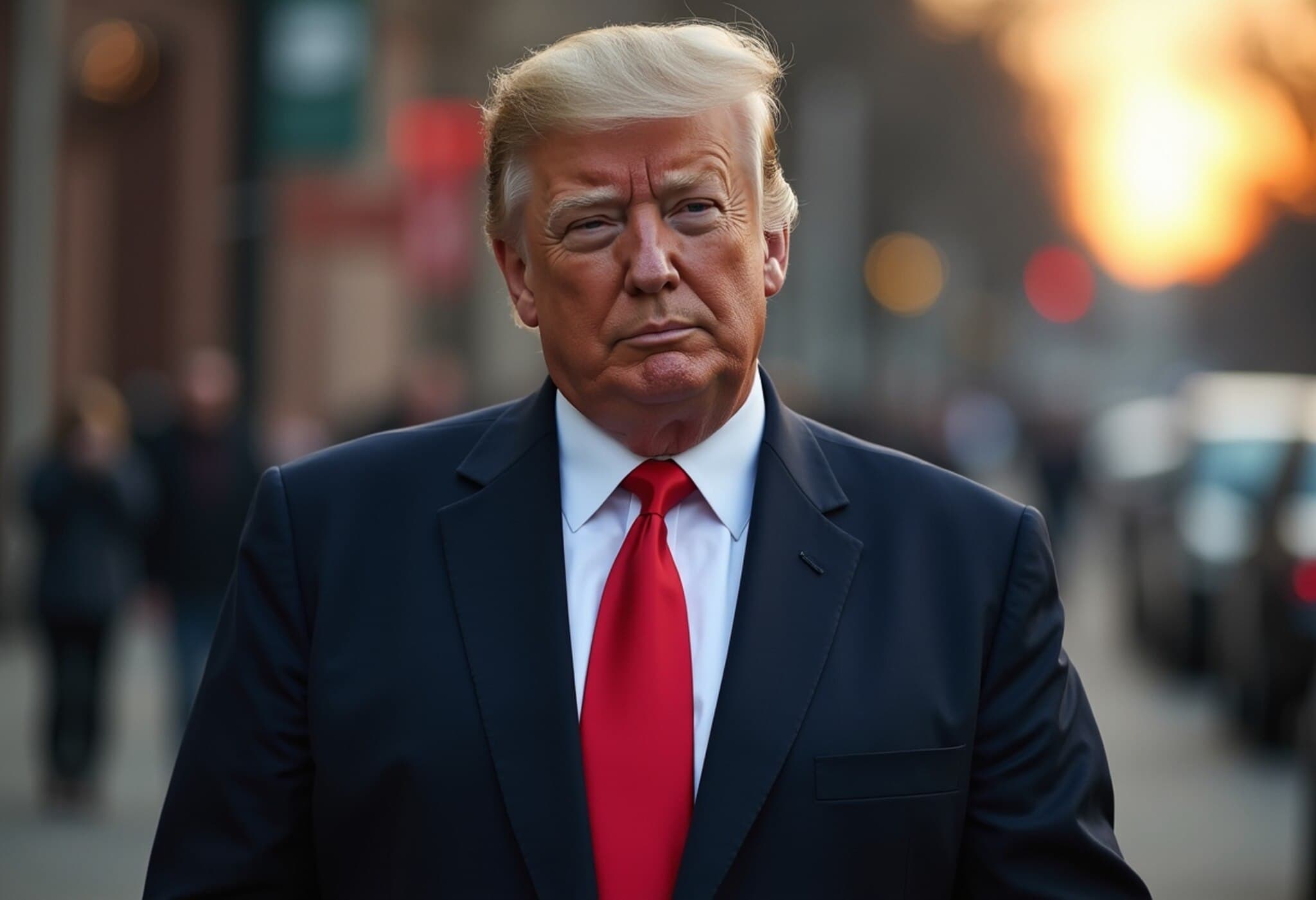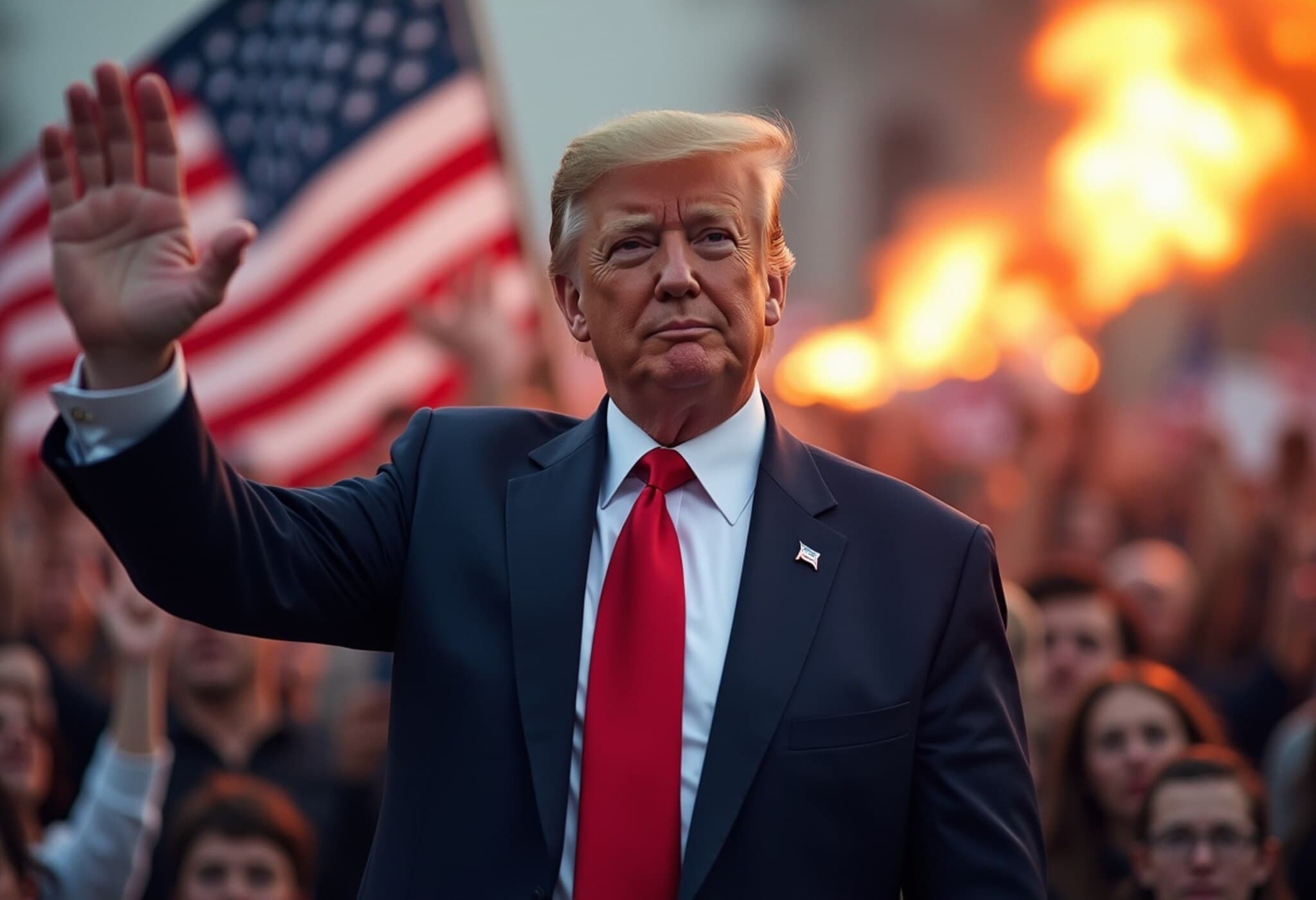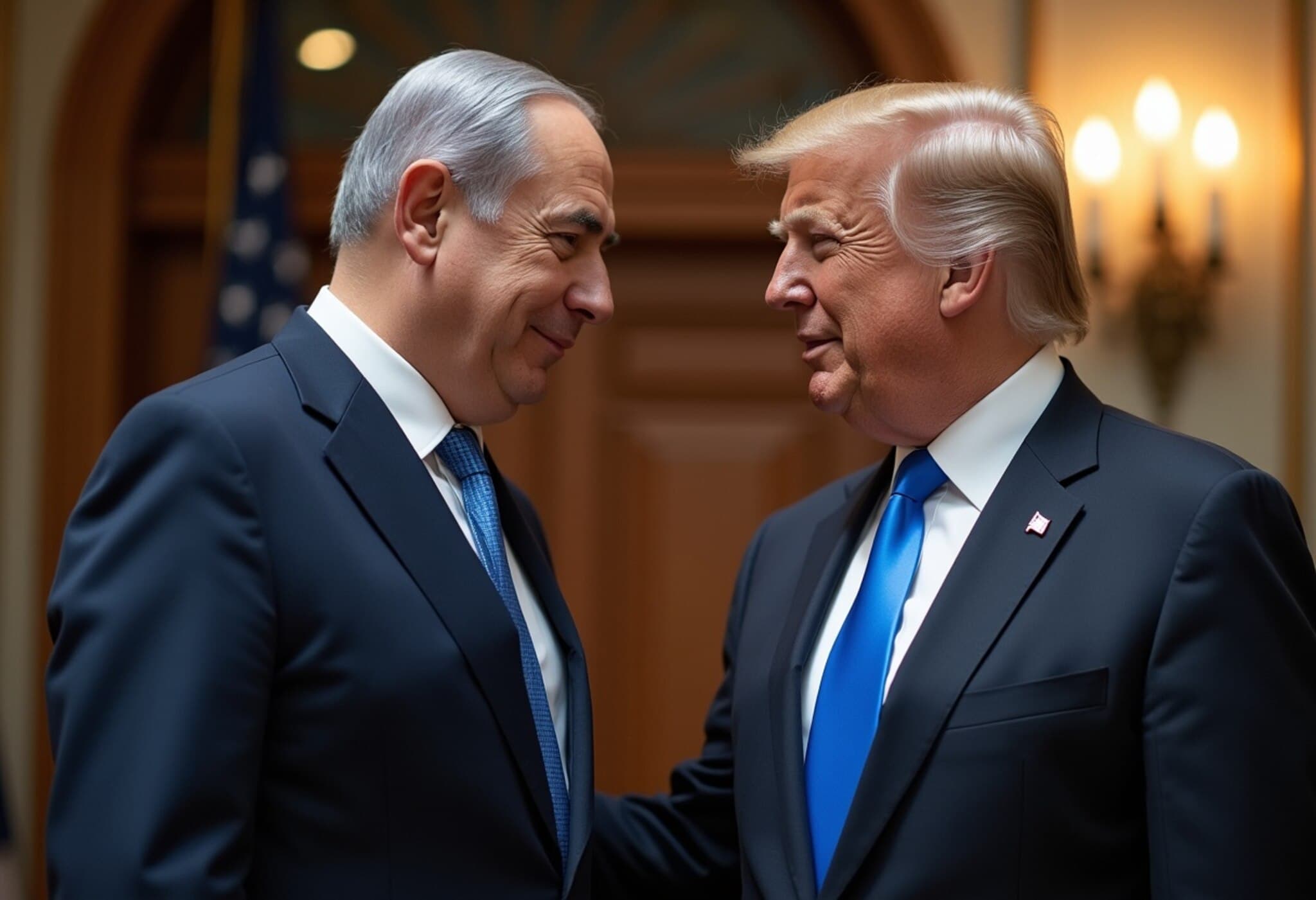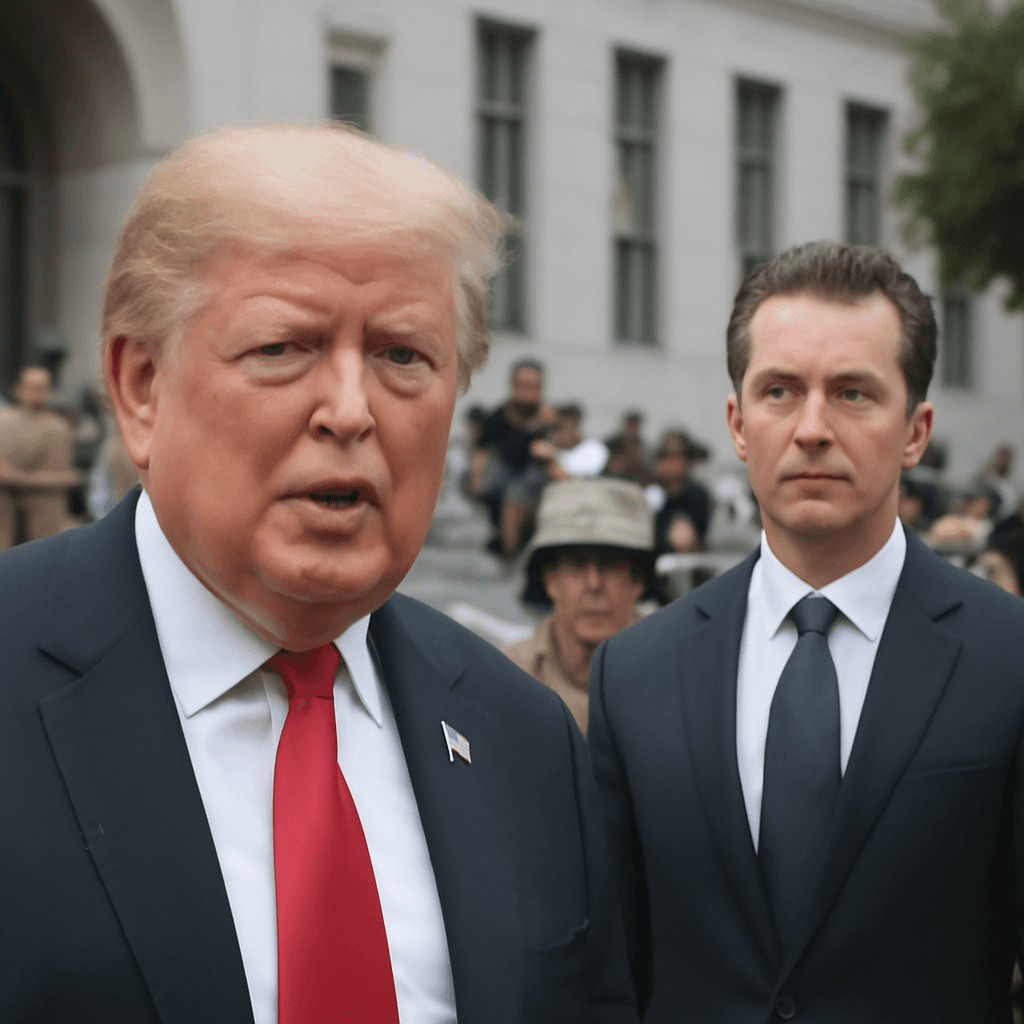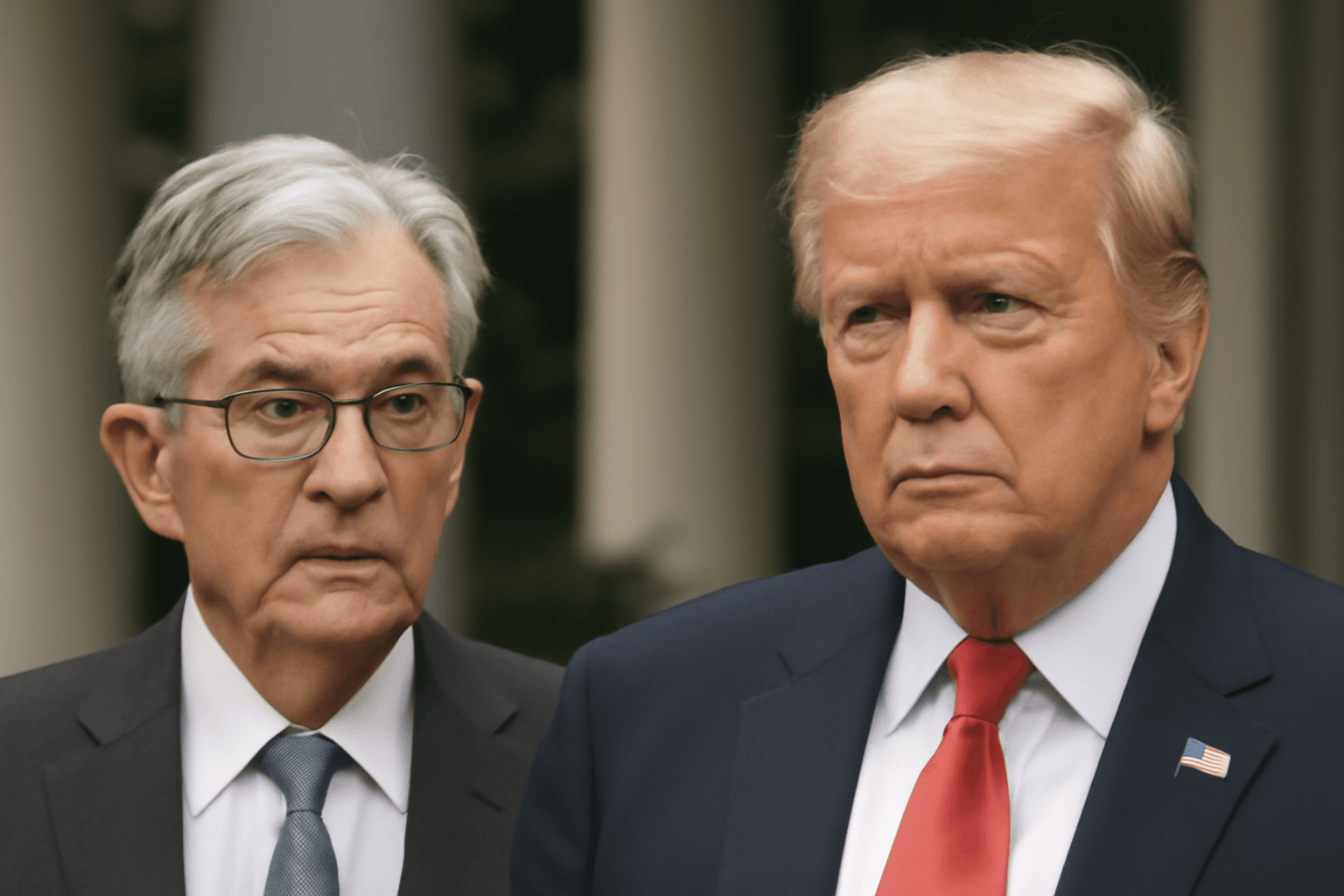Albanese Commits to Massive $368 Billion AUKUS Military Pact
Since its inception in 2021, the AUKUS agreement—a strategic alliance between Australia, the United Kingdom, and the United States—has been a focal point for Australian defense and politics. Prime Minister Anthony Albanese swiftly endorsed the pact, which centers around Australia acquiring second-hand US nuclear-powered submarines. Yet, this $368 billion commitment now faces scrutiny as the Trump administration conducts a surprise review of the agreement, prompting concerns about its future.
AUKUS: A Deal with Deep Political Roots and Wide Stakeholders
The AUKUS pact is more than a defense arrangement; it has entwined numerous figures across Australian political and diplomatic circles. From the scheme's architect, former Prime Minister Scott Morrison, to ex-defense ministers and politicians turned ambassadors, many have cultivated private ventures linked to AUKUS-related industries. While no impropriety has surfaced, this underscores the widespread stakes tied to the pact's success.
Defense Minister Richard Marles reinforced the government's confidence by highlighting the recent $800 million down payment, calmed nerves regarding the review. Yet critics like former Prime Ministers Malcolm Turnbull and Paul Keating argue the deal exemplifies a collective denial of reality across political lines.
Review Sparks Debate: Opportunity or Risk?
The announcement of the US review has ignited intense debate. Advocates defend the pact's strategic importance, while some skeptics see a chance for Australia to pivot away. Keating branded the deal as hastily assembled by Morrison alongside troubled leaders overseas, emphasizing uncertainties under the current US administration.
Adding complexity, despite the review being led by a known AUKUS skeptic, Morrison aligned with the government’s stance that the process should not be overestimated. However, with no alternative plans on the table, Australia finds itself fully committed to a high-stakes gamble with a volatile US political landscape.
Diplomatic Strains and Sanctions Highlight Global Tensions
Before the AUKUS review, diplomatic relations between Australia and the US had experienced tension, particularly with recent sanctions imposed by Australia and its allies on Israeli officials linked to settlement activities in the West Bank. US officials including Senator Marco Rubio criticized these moves, labeling them counterproductive for Middle East peace.
Australia justified the sanctions as a necessary statement against escalating violence and human rights abuses, characterizing the sanctioned officials as extreme proponents of unlawful settlement expansion. Meanwhile, domestic opposition parties have called for detailed briefings and challenged the government's approach toward a democratically elected foreign government.
Albanese’s Productivity Roundtable: Aiming High Amid Skepticism
In a bid to boost national growth, Prime Minister Albanese is convening a roundtable on productivity aimed at fostering collaboration between business leaders, unions, and government representatives. Channeling the spirit of King Arthur’s legendary roundtable, Albanese hopes to emphasize equality and shared commitment to economic progress.
The core objective is straightforward yet challenging: to increase output while reducing input, effectively raising living standards without simply demanding harder work from Australians. However, this follows a history of such initiatives, such as the 2020 summit under Kevin Rudd, which faced criticism for predetermined outcomes favoring specific stakeholder groups.
Political Battlegrounds: Upcoming Elections and Party Turmoil
As Tasmania prepares for its fourth election in seven years on July 19, the federal election writs have been returned, kickstarting potential legal challenges in a tight Sydney seat. The Liberal Party and their candidate Gisele Kapterian contemplate contesting her slim 26-vote defeat, with a 40-day window to lodge a High Court challenge.
Meanwhile, Victoria’s Liberal Party grapples with internal divisions and dwindling popularity amid an 11-year-old Labor government led by Premier Jacinta Allan. Despite a theoretically advantageous political climate for Liberals, internal conflicts—including defamation battles and bankruptcy proceedings involving party figures—threaten electoral prospects, risking key seats slipping to independents ahead of next year's state election.
Looking Ahead: Challenges and Opportunities
Australia stands at a pivotal crossroads. The evolving dynamics of AUKUS under unpredictable US leadership, coupled with diplomatic tensions and domestic political upheavals, paint a complex picture. Prime Minister Albanese's ability to navigate these challenges—from international defense commitments to domestic economic reforms and internal party stability—will shape Australia's trajectory in the coming years.

